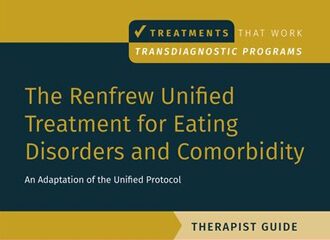Published by: Jewish Link
Written By: Sarah Bateman, LCSW
This time of year we gather to observe Pesach and celebrate the exodus of the Israelites from slavery in Egypt. We reference God’s “passing over” of Hebrews during the Ten Plagues. Passover is a celebration of freedom, ritual, prayer, family and food. For those struggling with eating disorders or their body image, however, Passover can be an especially stressful time of the year.
Eating disorders are complex illnesses with biological, genetic, psychological, social and developmental roots. There is no single cause for the development of an eating disorder and effective treatment covers a wide range of factors. An eating disorder is not just a phase that will pass; rather, it is a serious mental illness that can be fatal.
Like with all Jewish holidays, there is a strong focus on food, wine, and family and community gatherings. We first recognize Passover with the Passover Seder. A feast of any kind can be challenging for those with eating disorders. The pressure to eat in abundance, often in front of others, drink wine and surround oneself with family can be extremely difficult. This celebration, though meant to unite us with family and friends, can make it challenging to navigate difficult relationships, enhance feelings of loneliness, ignite stress associated with the significant emphasis and expectations around appearance, and create a fear of overeating not only at the Passover Seder, but the remaining eight days.
During Passover, chametz is not allowed for the entire holiday and matzah is eaten instead. Ashkenazi Jews also abstain from foods that contain corn, rice and soy. These dietary guidelines can present multiple challenges for anyone who is used to a routine of eating grains or is trying to feel satisfied from their meals. It can be especially challenging for someone who may be trying to incorporate those foods into their meal plan as part of their work in eating disorder treatment. For those who strictly observe, one is not supposed to own any leavened foods and should stringently clean their homes to remove any leavened products before Passover begins. This can apply to dishes and cookware in addition to the food itself and can present multiple challenges for those struggling with OCD, anxiety or stress.
Read the full article here.



